


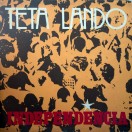


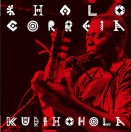
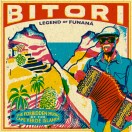
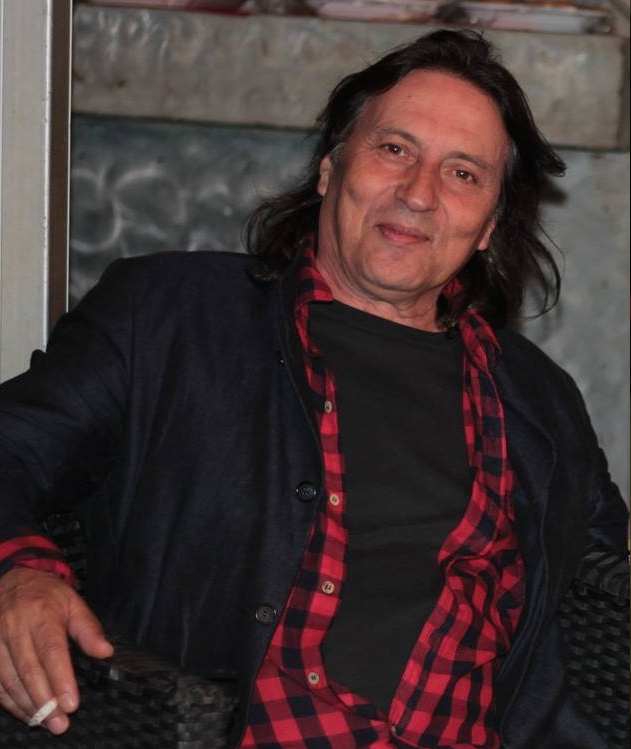
Carlos Seixas is the artistic and production director of FMM Sines Festival, since 1999. FMM Sines is especially tuned to the contemporary world, the movements of migrations, the culture-crossing and the transcontinental encounters. He is currently associated with Gindungo Artist Development, a music management and booking organization. For us, he selects five artists from the lusophone diaspora…
Jose Afonso
Coro da Primavera

«Many instruments were used and the record has innovative solutions, even to our days. This is Zeca’s album with best sound, in recording and in music itself. Direction and arrangements of this work were from José Mario Branco who at that time was exiled in France. The most historical and referencial of all the Portuguese popular music records.»
Teta Lando
FNLA-MPLA
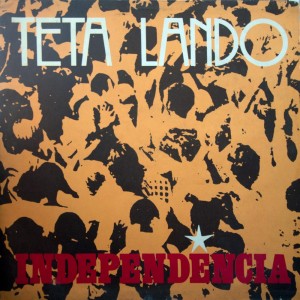
«One of the more significant recordings of Angola, which was issued shortly after independence. “This long play record launching CDA captures the chant and dress expression of an artist who is the voice of the people. The need to forget the harshness of the struggle and the joy of announcing victory is signaled. Teta Lando is devoted to the people, no-one better than he could sing Indepencencia.” (translated from the original liner notes).»
Lula Cortes & Ze Ramalho
Trilha de Sume

«The album is a collaboration between two Brazilian artists, a wonderfully off-kilter record full of fantastic hooky and strange tunes that range from full-on freakouts to quiet pastoral numbers displaying the entire range of 1970s hippie Brazilian musician culture.»
Chalo Correia
Kudihohola
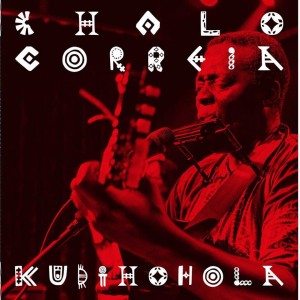
«Chalo lives in Lisbon, mostly playing in bars and cafes. He sings about the Angolan stories of everyday life saved in Chalo´s childhood memories, combined with his life experience of being an Angolan immigrant in Lisbon. The harmonica joins his instrumental compositions blowing energetic melodies that perfectly match with his new music bringing an old festivity flavored style merged with a contemporary way of songwriting.»
Bitori
Bitori Nha Bibinha
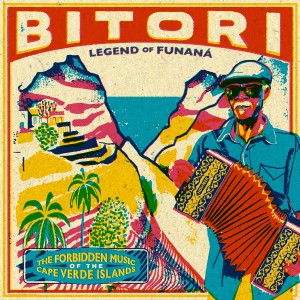
«Performing funaná in public or in urban centers before independence had serious consequences. After 1975, many artists embraced funaná, translating and adapting its musical form in new ways. It was not until the mid-1990s, however, that the funaná in its traditional form was recorded. In 1997, drummer Grace Evora and bassist Danilo Tavares helped him to record “Bitori Nha Bibinha”. Bitori’s songs quickly became standards – classics known and loved throughout the country.»